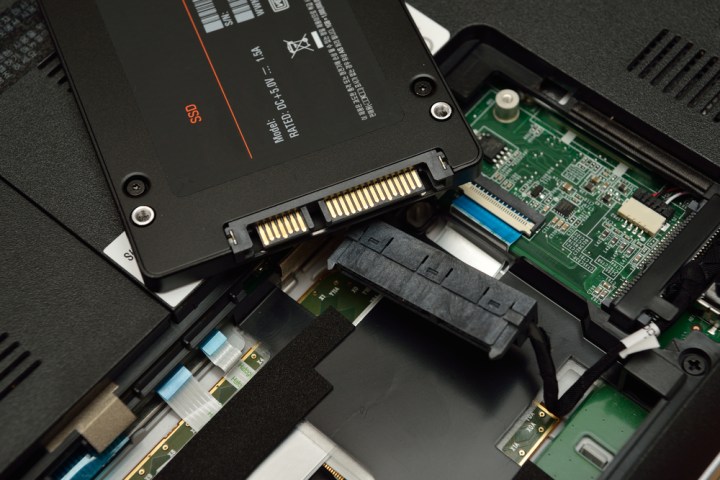
Samsung, which calls its version of stacked NAND memory V-NAND (the V is for vertical, of course), has announced its own 256 Gbit, 48-layer, 3-bit-per-cell chip. While the company announced a 48-layer chip several weeks ago, its capacity was “only” 128 Gbit. The new chip takes storage density to the next level.
“Samsung’s new 256 Gb 3D V-NAND flash doubles the density of conventional 128 Gb NAND flash chips. In addition to enabling 32 gigabytes (256 gigabits) of memory storage on a single die, the new chip will also easily double the capacity of Samsung’s existing SSD line-ups, and provide an ideal solution for multi-terabyte SSDs,” said Samsung in its press release.
Increasing data density has a simple, obvious, and important impact; it allows the creation of drives that store more in less space. When Samsung built its original 48-layer chip, for example, it followed up with the release of new 2TB Samsung 850 Evo and Pro drives.
Now that Samsung has made this announcement, the race is on for it to reach production drives. SanDisk and Toshiba said that we wouldn’t see products with the partner’s chip until 2016, so that leaves some time to bring new hardware to market. That said, Samsung has not currently announced any new drives for either the consumer or enterprise market, so we’ll have to wait and see which manufacturer will be the first to convert this technology to a product that users can buy.


